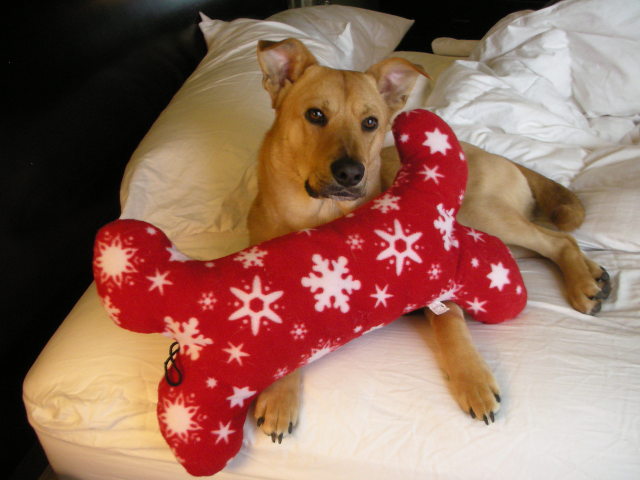QuestionMy finance and I want to get two dogs: a Dalmatian and a Siberian Husky/Alaskan Malamute OR a Dachshund and a Siberian Husky/Alaskan Malamute. Are Dalmatians and Siberian Huskies/Alaskan Malamutes compatible pets? Are Dachshunds and Siberian Huskies/Alaskan Malamutes compatible pets? In other words, will they get along? And what genders are compatible for these dogs? Thanks so much, and I hope to hear from you soon!
AnswerThe Dalmation is not a casual dog; first dog owners should avoid this breed. These dogs are tough, independent thinkers and need a tremendous amount of exercise, early and thorough socialization, and early positive reinforcement training. Even obtaining a pup from a top breeder who is interested in type and temperament does not insure an "easy" pet experience in the Dalmation. Both Siberian Huskies and Alaskan Malamutes are true to type in terms of behavior -- they are free thinkers, intelligent and do not make good dogs for first time owners. The breed combination might eliminate some breed related health problems, but these breeds are both 'runners' and require serious positive reinforcement training from an early age as well as heavy socialization on a continuous basis through age two, not to mention a great deal of exercise and a serious commitment to continuous grooming. Additionally, since a Husky/Malamute is a mixed breed, finding a breeder who is concerned with temperament, breeds stock free of temperament problems and OFA'd for hip and related orthopedic issues, is probably impossible. This is not to say that mixed breed dogs don't make good pets: they do! But deliberately mixing two tough breeds and producing temperamentally sound and physically healthy puppies is a tricky business. The Dachshund can be a very tough, feisty little dog (despite its cute factor), since the breed is designed to go to ground after animals two to three times its size. It seems foolhardy to me to deliberately go out and obtain two puppies of different breeds, none of which you seem to know much about. Whether or not any dogs can 'get along' depends directly on the owners' abilities in terms of managing a multiple dog household; obtaining and maintaining psychological dominance in breeds which routinely exhibit independent, dominant behaviors; training two dogs of differing type and temperament at the same time; and socializing these dogs independently of one another to things outside the home on a continuous basis. If you feel you are sufficiently knowledgeable to handle this task, choose the breeders of your puppies carefully, temperament test the pups, get pups of opposite sex, and be prepared to commit a great deal of time and effort to each puppy independent of the other one.

 anxious dog
Question
Louie
Hi, We adopted a 2 year old male A
anxious dog
Question
Louie
Hi, We adopted a 2 year old male A
 Agressive 1 yr old mini goldendoodle
Question
our millie
My husband and I got our min
Agressive 1 yr old mini goldendoodle
Question
our millie
My husband and I got our min
 Nightmares?
Question
Beethoven
Hi Melissa, Ive had my very h
Nightmares?
Question
Beethoven
Hi Melissa, Ive had my very h
 American Bulldog aggression
Question
Buddy and Rez
I have a 2 year old Ameri
American Bulldog aggression
Question
Buddy and Rez
I have a 2 year old Ameri
 Very Scared Dog
Question
Happy
My dog is 17 months old and is a mixed b
Very Scared Dog
Question
Happy
My dog is 17 months old and is a mixed b